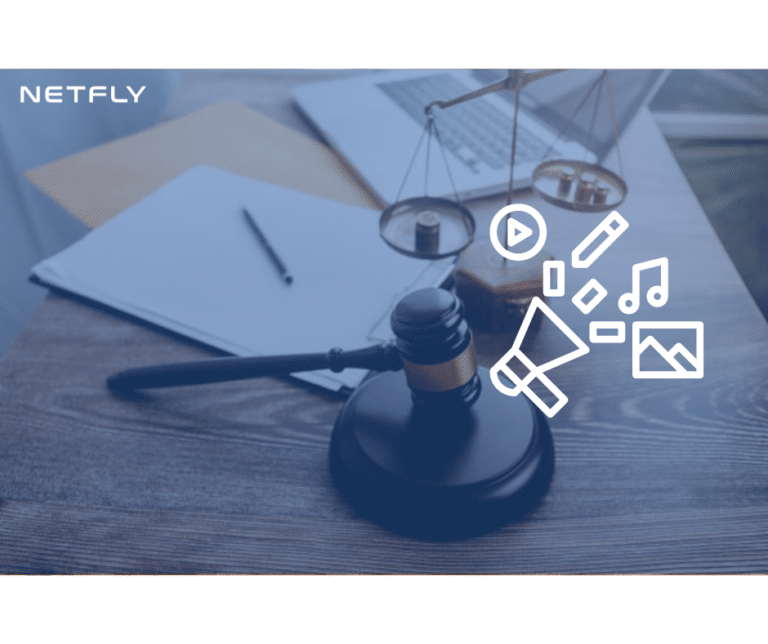Key Takeaways
- SEO is Crucial for Personal Injury Lawyers:
SEO is the Key to Success for Personal Injury Lawyers. Online visibility can be the difference between attracting new clients and fighting for life in a competitive arena. - Keyword Research Guides Your Strategy:
Your keyword research should guide the strategy in understanding what keywords are in line for ranking and which ones to focus on in your SEO effort in reaching those potential clients who have an active search for services needed. - Website Optimization is Non-Negotiable:
A speedy, mobile-friendly, and well-structured website essentially opens the door for your SEO strategy, offers a friendly user experience, and avails better search engine rankings. - Content Marketing Builds Authority:
Valuable content filled with informative details actually builds your law firm’s authority, which is attractive not only for building backlinks but also for gaining audience attention and thus bringing SEO benefits. - Local SEO Brings Local Clients:
That is why local SEO techniques, like controlling Google My Business listings, become fundamental to the point that they make sure personal injury attorneys are perfectly accommodated for local searches and can consequently reach clients within a specific geographical area. - Backlinks show the credibility of your website:
Acquiring high-quality backlinks from reputable sites boosts your website’s authority and search engine rankings. - Social Media Supports SEO Efforts:
The thrust of social media may not be very strong on your content ranking, but it will help put more focus on the work that you do and, through this, be able to direct traffic to your site. - Continuous measurement, then adjustment, are key:
Use analytics tools to monitor your SEO performance and allow for continuous fine-tuning with time to get better results.
Introduction:
In the digital era, SEO (Search Engine Optimization) emerges as a cornerstone for any business aiming to thrive online.
Understanding and being able to use SEO could be all that stands between a personal injury attorney’s practice that is truly flourishing and a practice that is struggling just to be seen in the first place.
Grasping SEO Basics
“The cornerstone of online visibility, a combination of art with science, empowering your web presence and search engine rank placement, is answered with SEO. That is, the keywords are used to lead possible customers directly to your services.
Keyword Research: The Foundation
For personal injury lawyers, this is where keyword research comes in. It is going to start with broad and specifically identified keyword phrases that their potential clients are going to be using. Tools like the Google Keyword Planner will give insight into search volume and how competitive any keyword is. Above anything else, any keyword should be relevant to the services offered.
Website Optimization: A User-Centric Approach
Your website will be the first impression online. Create a user-friendly website, and most importantly, ensure its mobile responsiveness, since most consumers currently access the internet via mobile phones. Never forget about the question of your site’s velocity: a few seconds of latency could cost you lots of opportunities.
Additionally, secure your website with SSL certification to protect client information.
On-Page SEO: Content is King
Quality combined with relevance will be the mix that sets the stage for on-page success in SEO. Each page will do the job of informing, persuading, or converting. Title tags, meta descriptions, and headers should not only include your keywords but also tease the reader.
Moreover, internal linking enhances user experience and boosts your site’s SEO.
Off-Page SEO: Building Authority
Building Authority Backlinks from other websites to yours demonstrate trust and authority to search engines. When you approach sites for guest blogging or listing in a directory, focus on quality and not the number of sites. The second kind of SEO, which every personal injury lawyer needs to focus on, is local SEO.
Enhance your Google My Business profile and accumulate favorable reviews to ascend in local search rankings.
Technical SEO: The Behind-the-Scenes Hero
As much as many people will always find this so daunting, technical SEO is very essential. Ensure search engines find your site architecture friendly. Use schema markup to help the search engines understand the content on your site. Core Web Vitals are also to be focused on, as it is what Google takes most seriously to reflect user experience.
Content Marketing: Beyond Keywords
A good content strategy does not boil down to just putting keywords everywhere. Blog posts, articles, case studies, and video content can all work both for engaging the client and enhancing the SEO of your site. Address common client problems to develop a high level of credibility and authority in your field.
Monitoring Your Success
SEO deserves to be maintained work; it is not one of the issues that could be done once and then forgotten. Tools like Google Analytics offer insights on how your site performs. Use it to perfect your strategy and magnify successful execution, pointing at weak points.
Avoiding Common Pitfalls
Here are four common mistakes that have the potential to seriously disrupt your SEO campaigns: Keyword stuffing, Ignoring mobile users, Not understanding the importance of local SEO, and Link quality at the cost. Each of them seriously condemns your online presence.
Conclusion
SEO for personal injury lawyers reaches far beyond visibility. TheAside from visibility, the approach that is just right will give security to the firm and let you be trusted and chosen for a case.
Remember, in the realm of SEO, consistency, quality, and relevance are your best allies.
It will take time and work to implement each of these strategies, but the payoff is undeniable. Start today, and watch your practice grow.
FAQ
Q1: How long does it take to see results from SEO?
A1: SEO is a long-term strategy and might take months before you start seeing some significant results. For sure, the timelines may differ if influenced by the level of competition in a given niche, at the state you are, and how consistent your SEO efforts are.
Q2: Can I do SEO on my own, or do I need to hire a specialist?
A2: If possible, in principle, learn and implement the basics of SEO, although the complexity and dynamism in the niche usually need the expertise of a specialist or an agency, most importantly when one is within a very competitive area, for example, personal injury law.
Q3: How important are keywords in my SEO strategy?
A3: Keywords are very important in the sense that they are the words which a potential client would use while searching for the service you have described. A well-researched strategy about the keywords will make sure you target phrases that may drive relevant traffic to your site.
Q4: Why is local SEO particularly important for personal injury lawyers?
A4: There is a particularly special place for local SEO in the world of personal injury, for one chief reason: these are cases that a potential client is going to be looking for within their very specific geographic area. Local searches make it easy for people around you to find and contact your firm.
Q5: What’s the best way to get backlinks for my law firm’s website?
A5: The best way to gain these backlinks is to ensure that the content produced is of good quality and informative enough so that other sites find it mentionable through the provision of these links. Other ways through which it may be possible to earn backlinks through ethical outreach include guest blogging and participation in relevant legal directories, among others.








